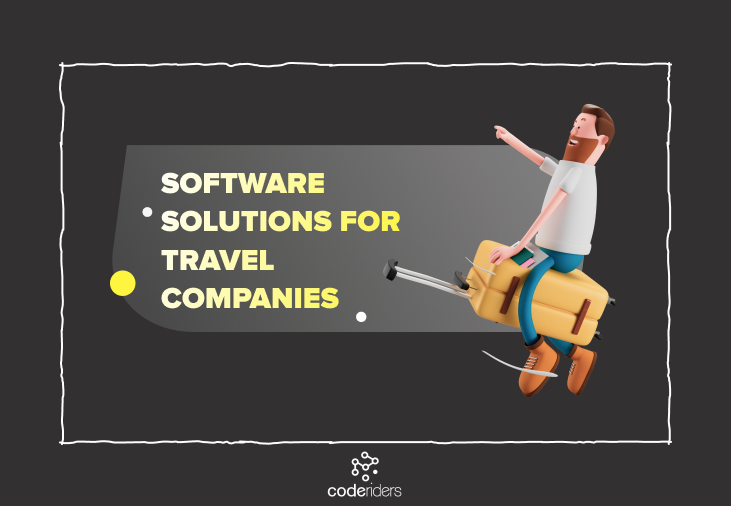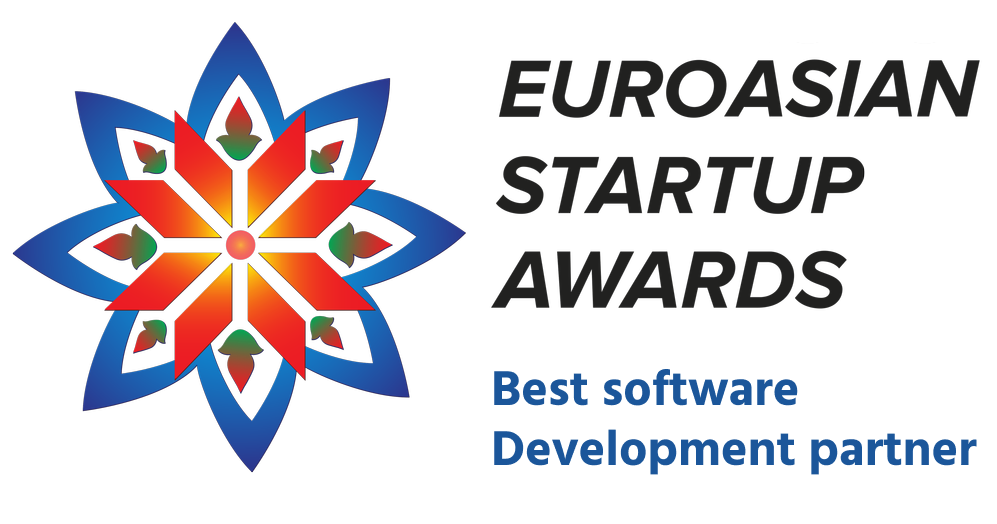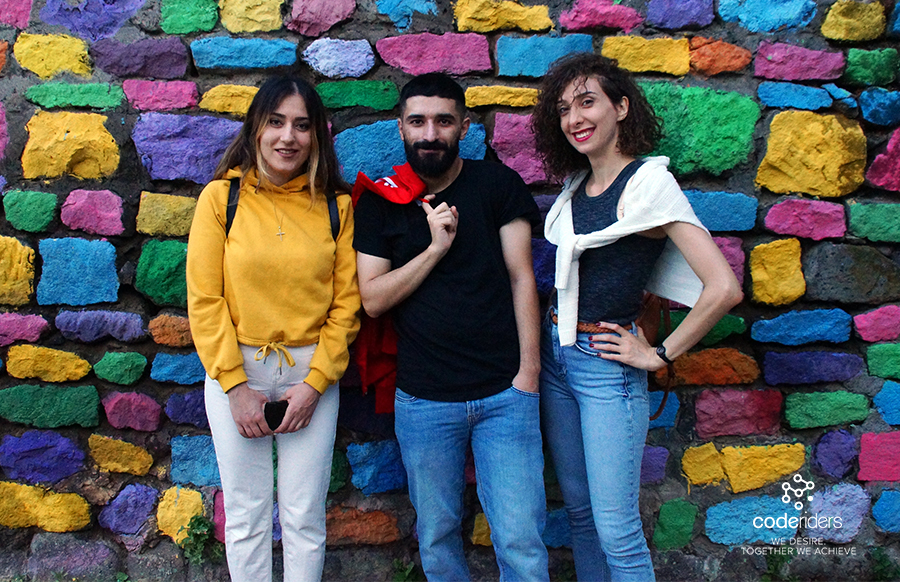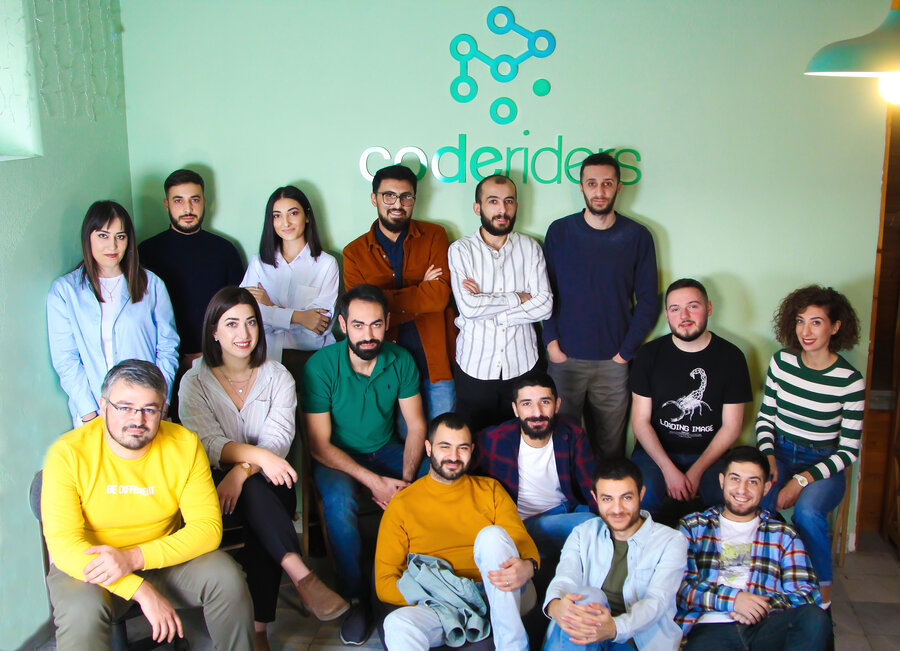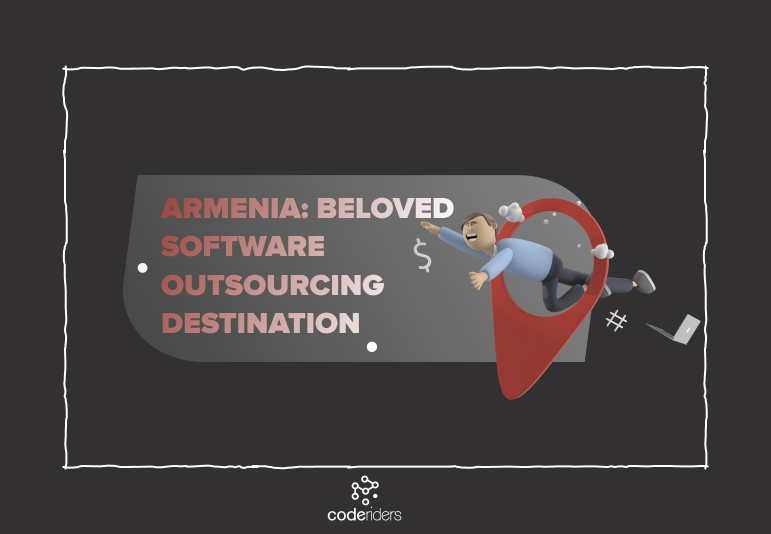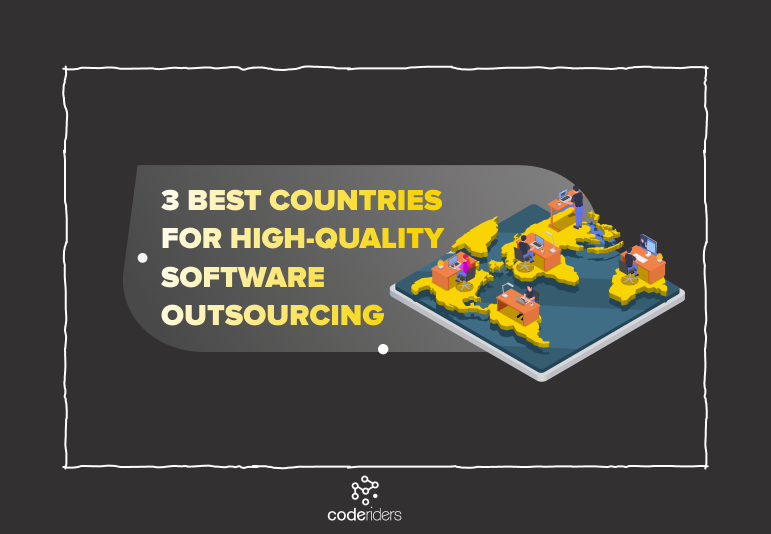Many businesses went bankrupt during the lockdown and the un-readiness of implementing simple, or complex, software solutions did not give them a chance to stay competitive in their field of operation. In contrast, those companies that quickly adapted new solutions bypassed these challenges.
As a business development specialist in CodeRiders Software Development Company, I decided to make a quick “audit” in the travel industry and outline the biggest technological challenges, losses, gains, and novelties during the pandemic.
For starters: Tourism companies can download open-source software that is available for everyone and helps to digitalize daily manual activities. However, it is less flexible and non-customized for a specific business.
Secondly, many enterprises prefer hiring a custom development team to build their ideal software. A business may also need to build a travel app to make it available for public use and charge money. The purpose of these bespoke options is to meet specific goals, including functionalities that are needed while eliminating confusing features.
Augmented and virtual reality business travel
AR and VR solutions give us the chance to experience actual globetrotting emotions while saving this industry from reaching a dead end. For instance, a tour agency organizes a cabin or a cruise trip and virtually transfers their tourists from Hong Kong, to Macau, from Victoria harbor through the South China Sea. All we should do is join the trip by clicking a button.
Mobile applications
According to TripAdvisor almost 42% of travelers use their smartphones to plan and book their trips. This gives tourism companies no other choice but to adapt services to smartphone devices. This is why, almost all the high-class hotels have mobile applications, taxi services use mobile apps (Uber, Yandex) and the apps which were initially web-based went mobile as well, like Airbnb.
Internet of things
Currently, IoT is used to implement new updates in this industry, integrate sensors connected to the internet inside such items as suitcases, cars, various buildings.
For example, some hotels already offer an app to their visitors that gives them a chance to interact with the rooms’ television or other electronics. With the help of tracking tools users also have the opportunity to check where their suitcases are. This naturally decreases the possibility of loss or confusion of luggage in airports or other public places.
COVID tracker apps, interactive web maps make international travel more secure and trackable. These solutions also allow us to always stay updated with the changing regulations, letting us organize and manage our travel plans accordingly. Some businesses or state institutions even go further and implement digital ID for controlling the COVID database, such as checking green zone, red zone, essential travel or immunity/vaccine passports.
Big data
As with any other solutions enumerated above, big data is a powerful tool to easily and successfully manage your business and double the return on investments. Marketing departments of almost any hotel use their visitors’ data, draw statistics and buyer personas for successful marketing campaigns. Nowadays open-source marketing tools give enough opportunities for successful targeting and retargeting. However, all this work takes time.
Big data accelerates this process by offering more customized and in-detail solutions, like apps that examine the visitors’ database, segment them into smaller groups based on this information, such as the amount of money they spent, country of origin, travel reasons and cross-checks this information with public data from government sources.
On the flip side, standard and traditional tour agencies now implement tour management platforms. These travel management systems give additional income to tour agencies, high up their reputation and facilitate users’ experience. The system has enough features to offer full-pack customizable travel plans. Users can build up complex, simple, short, or long tours with interactive solutions while exploring destinations, routes, designing routes, choosing booking options, and securely paying online. Tour experts receive the travelers’ plans, check if everything is correct and go over the quality.
Artificial intelligence
Automation in the travel industry is not an innovation; professionals have been using cutting-edge technological solutions to reduce not only the risk of spreading the virus but also errors by humans.
These proved their importance during the pandemic, while such tools as UV-C disinfection robots at Heathrow Airport, Al-powered terminal imaging at Beijing railway stations have been in high demand since 2020.
Blockchain
Although currently blockchain is mainly associated with finance, it is initially created to transfer the world and will not bypass tourism as well. Adding easy payment solutions, implementing food and beverage app features and restaurant application features are all now on the menu. Another example is IBM’s blockchain-based digital health pass that gives a chance to specific organizations to establish their own criteria such as COVID-19 test results and temperature scans. Slowly but firmly blockchain is being used to identify passengers, guarantee easy and secure payments.
Being aware of the novelties and using technological opportunities ensures our smooth transformation to this new reality.
Source: Entrepreneur Magazine article by Srbuhi Avetisyan, business development specialist at CodeRiders software outsourcing company
Having
development
needs?
CodeRiders will address your web and mobile development challenges by creating custom software, helping with outsourcing services, or just consulting on your software development requirements.


